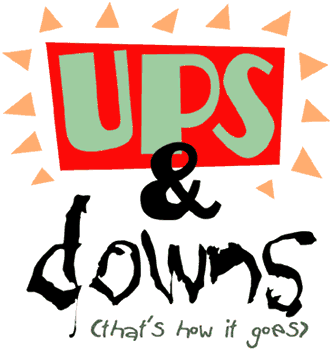Do we have any idea how human IOP fluctuates?
http://www.revophth.com/
Filed Under (tags):
- Read more about Do we have any idea how human IOP fluctuates?
- dave's blog
- Log in or register to post comments
Can eye pressure change daily? Does it change every day?
surely its perfectly normal for eye pressure to go up under certain circumstances. Just like our bp goes up and down. anne
 We now know that intraocular pressure does respond to events in our lives, to our state of mind and emotions and to stress. However, before FitEyes came along in 2006 (and for several years afterwards) these facts were not recognized.
We now know that intraocular pressure does respond to events in our lives, to our state of mind and emotions and to stress. However, before FitEyes came along in 2006 (and for several years afterwards) these facts were not recognized.
See this FitEyes article from Feb 2007:
http://fiteyes.com/Does-Stress-Increase-Eye-Pressure-For-Everyone
The standard medical opinion is that stress does not affect eye pressure (intraocular pressure). For example, see "Glaucoma - Frequently Asked Questions" at The Eye Institute states:
"As far as we know, stress does not affect eye pressure or the health of the optic nerve."
Another example of the prevailing medical opinion can be found in a Wills Glaucoma chat transcript on Stress and Glaucoma from July 20, 2005:
Patient: Does being nervous or stressed increase the IOP (intraocular pressure) as it does blood pressure?
Dr. Elliot Werner: Not as far as we know.
Even today many ophthalmologists will deny that stress affects intraocular pressure. They will further deny that non-stressful events such as Bailey described could affect eye pressure.
My new glaucoma specialist has me on a complete drug washout period for the next few weeks. I am guessing that she wants to establish a baseline for diagnoses and treatment. Anyhow, because my ocular hypertension can run pretty high pressures, this process is a bit unnerving. But my main point here is to point out some interesting observations concerning weaning off of xalatan (the main med I take regularly).
Fluctuations in IOP have been pinpointed as a potential cause for glaucoma and a factor in worsening the eye damage caused by the disease, writes Joseph Caprioli, M.D., of the Jules Stein Eye Institute, UCLA, in an accompanying editorial.
Why should IOP fluctuation be damaging? Theories abound about the mechanisms of retinal ganglion cell damage in glaucoma, but no single cellular or molecular cause satisfactorily explains the condition in all patients, Dr. Caprioli writes. Long-term variability may disrupt homeostatic mechanisms. Irregular and large IOP fluctuations may cause a loading and unloading of stresses, and as opposed to conditions of static stress, the tissue is unable to compensate and damage occurs.